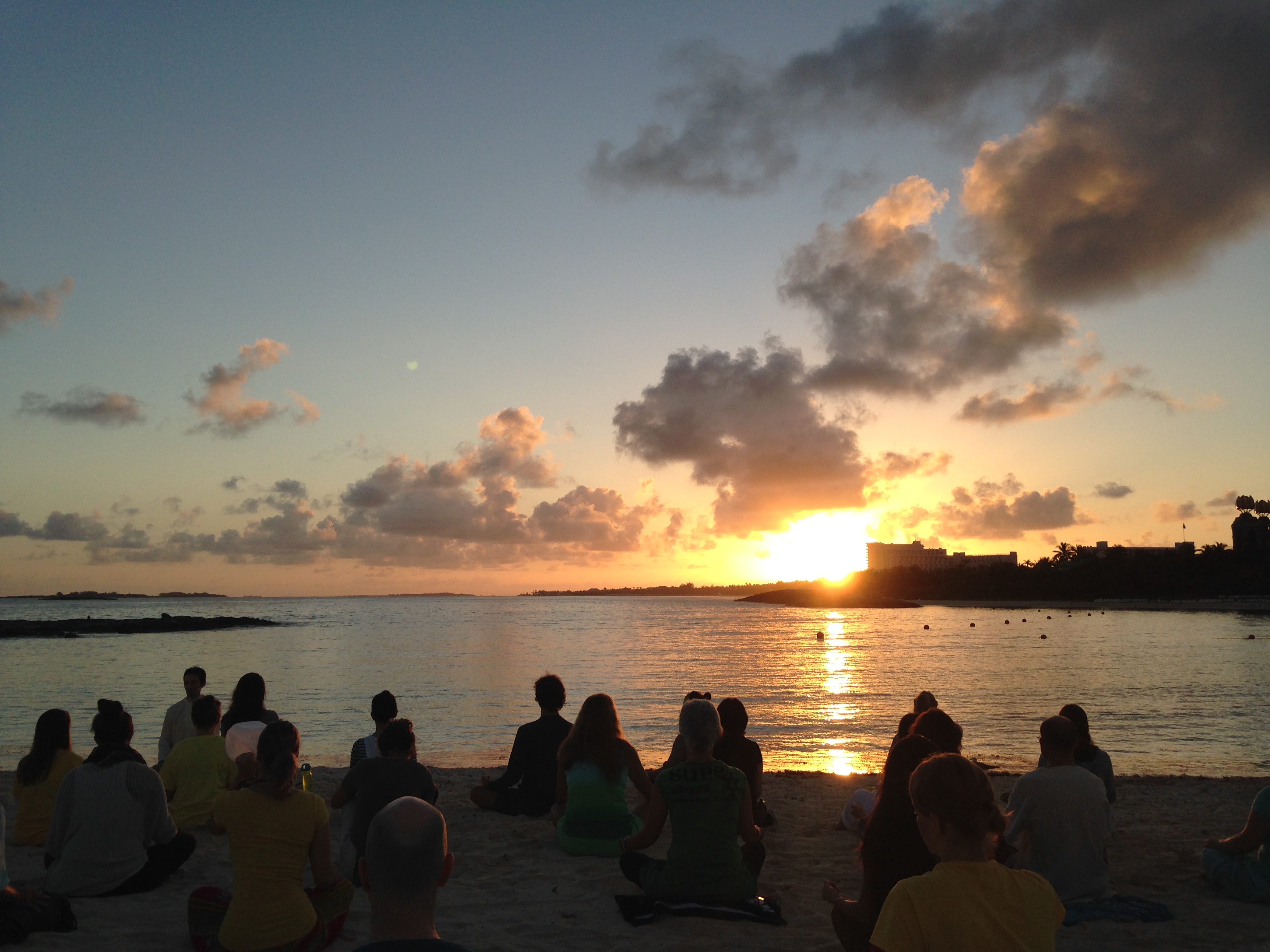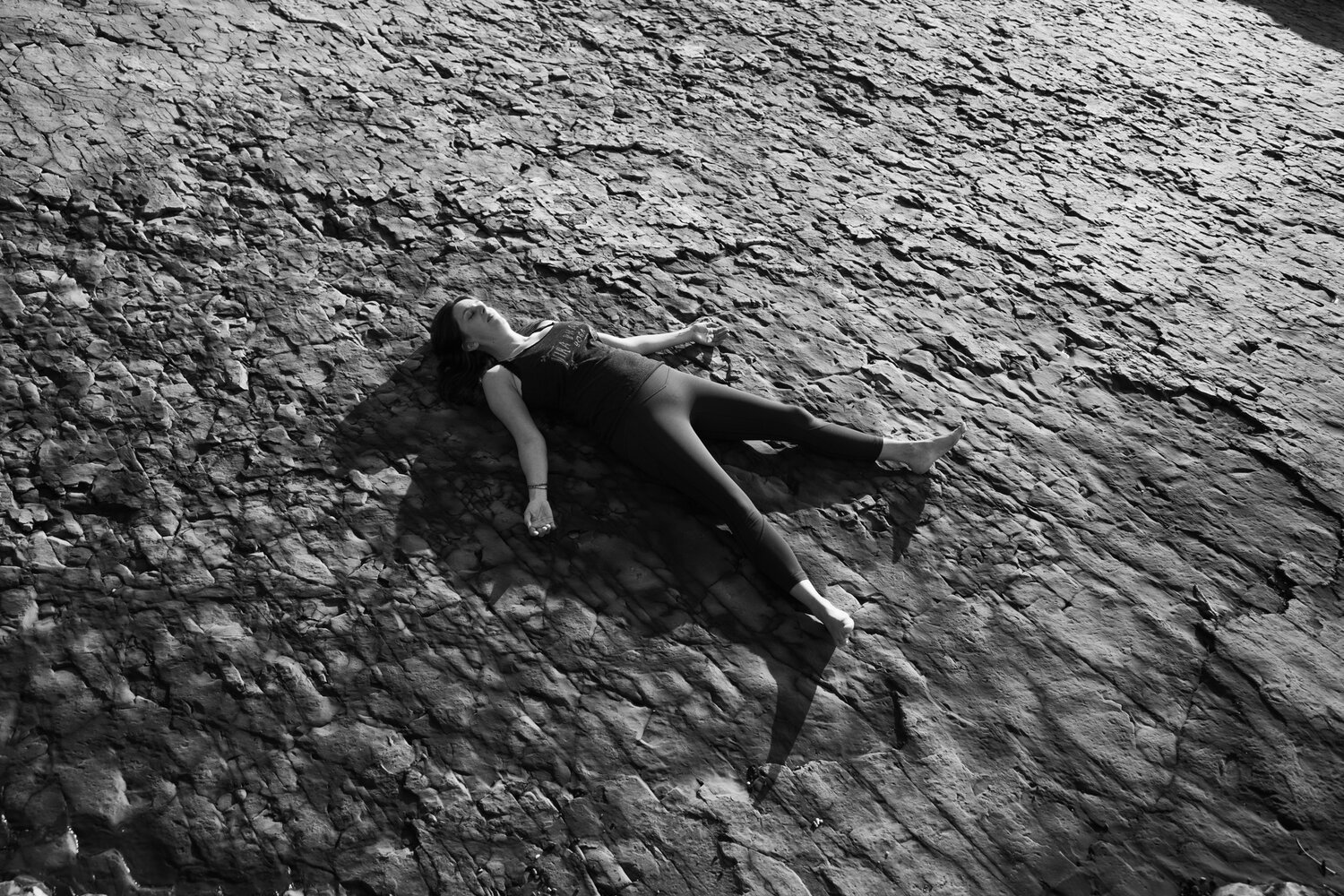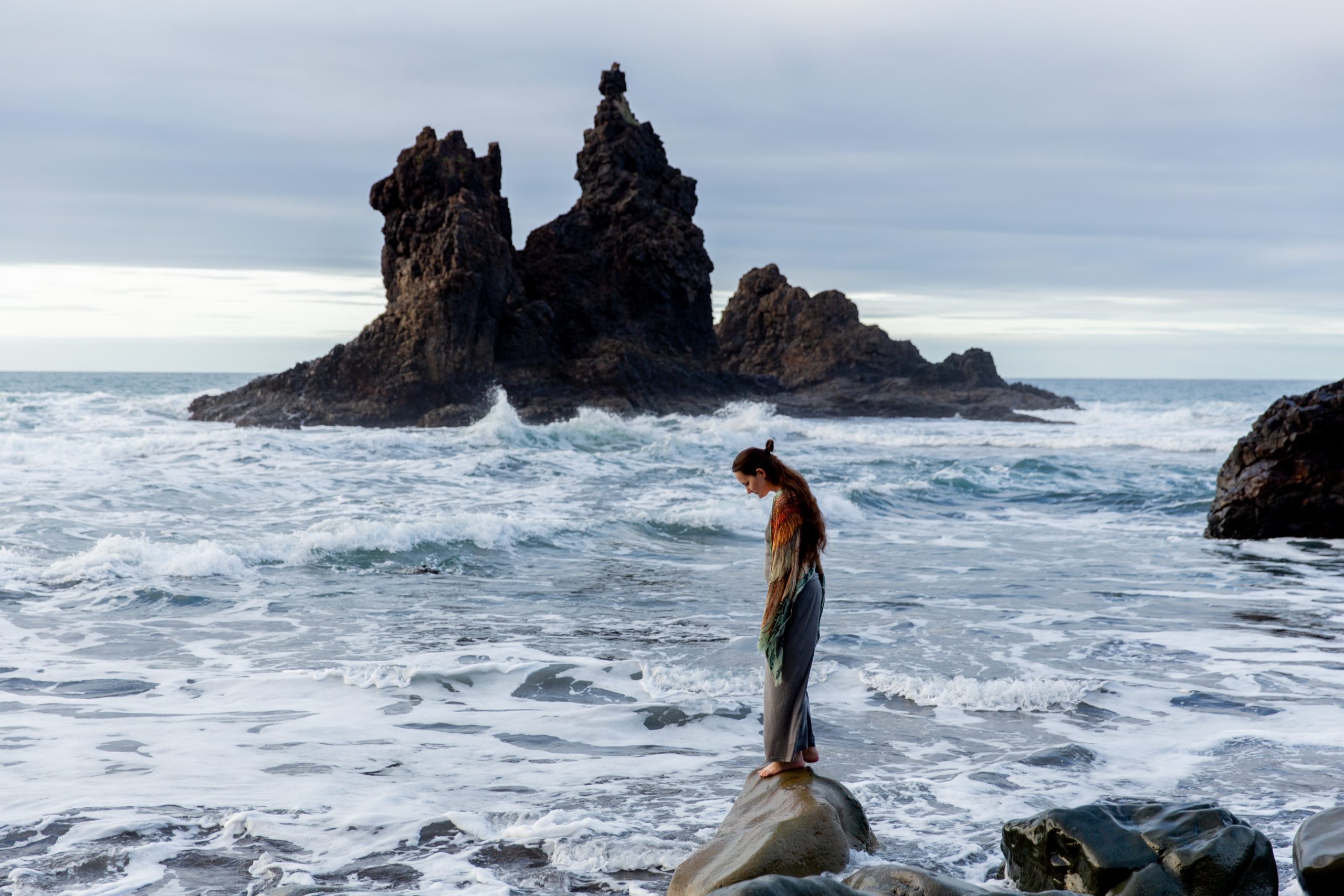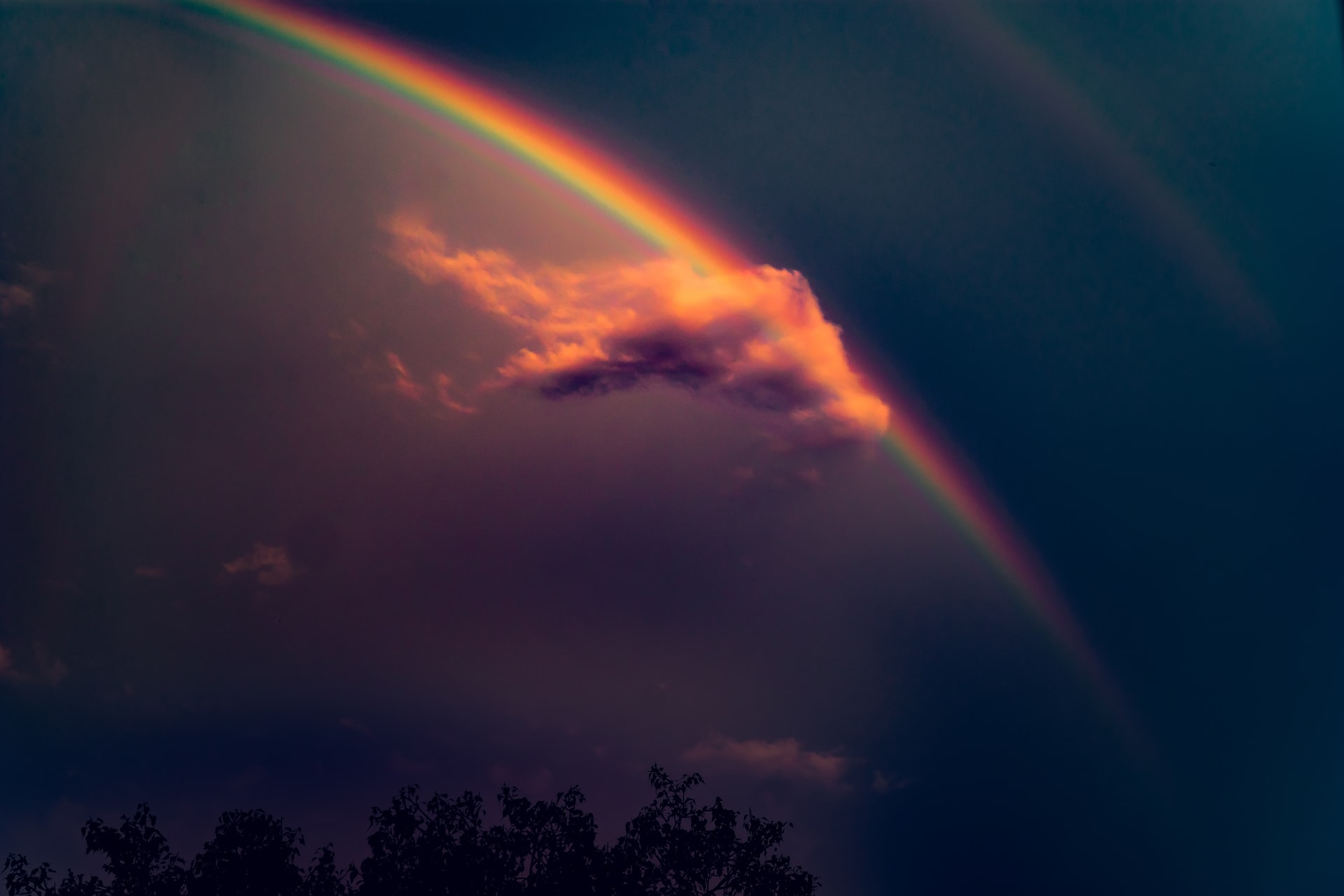“You should sit in meditation for twenty minutes every day – unless you’re too busy; then you should sit for an hour.” – Zen proverb
This quote is one that I often refer to. It’s one that I come back to again and again when I feel like I am too busy, too tired, too caught up in life to put aside those twenty minutes per day on my meditation cushion. But it also came to mind quite forcefully the other day, when I was encouraging a friend to at least consider the idea that regular yoga classes might be good for him and his bad back. With a laugh, he replied, “I don’t have time for navel gazing.”
Since when has taking care of ourselves, and getting to know ourselves, become “navel gazing?”
And, come to that, since when has “navel gazing” been such a bad thing?
In our Western culture, we’re taught to constantly look outside of ourselves for fulfillment, happiness, success. We are conditioned to believe that material things will bring us happiness, that money is one of the most important measures of success, and that other people – our friends, families, lovers – will fulfill us.
We forget our own responsibility to ourselves.
Taking time to know and care for ourselves – rather than our jobs, our bank balances and all the other people in our lives – is too often seen as selfish, indulgent, even immature. And yet how can we expect to be able to relate to the world around us, if we don’t know ourselves? How can we expect others to understand us and know how to treat us, if we don’t understand ourselves and treat ourselves well? How can we expect our bodies to keep functioning properly if we don’t take care of them?

I’ve recently returned to the UK from two months at an ashram in the Bahamas, where I was participating in a Karma Yoga program. It was possibly the ultimate exercise in navel gazing. For sixty days, I meditated, practiced asanas, participated in twice-daily satsangs, journaled, and read. I served too, of course, and taught yoga classes. But along the way, the primary lesson was that yoga is the ultimate tool to learn about that elusive person called “me”.
When we first come to the mat, we are drawn into the wonderful world of our own bodies. We feel muscles that we never knew existed. We twist and bend and stretch in ways that we never thought were possible and, gradually, we develop a deep respect (and perhaps even love?) for the body that carries us and serves us and makes our life on this Earth possible. We breathe more deeply, we feel more energy and, in a wonderful circle, we start to feel that sense of being physically alive which brings us back to the mat for more.
Becoming more aware of our bodies naturally leads us into becoming more aware of our minds. If we stick with the practice for long enough, sooner or later we start to really feel our emotions. We cry in Savasana, and we don’t know why. Stretching out the hips in Pigeon Pose brings up all sorts of memories and feelings that we thought were dead and buried. We feel more conscious of when we are angry, sad, joyful, content and we want to learn more. We want to understand what it is that brings us to those places, so that we can either avoid the triggers or cultivate them and, as our understanding of ourselves increases, so does our understanding of those around us. Perhaps we become more compassionate, more kind, more open, more understanding. We recognize that we get angry when someone cuts in front in line, and so we get it when other people do the same. We’re able to recognize when we’re being unfair, or judgmental, or hypocritical, and we’re able to call ourselves on it – and we’re able to point it out to others too. And in this process of learning about ourselves – the process of Svadhyaya, or self-study, that is one of the observances of yoga – our way of dealing with the world and all its turmoil changes.
It’s not easy. But when we understand, care for, and love ourselves, we open the door not only for other people to be able to truly love us in return, but for us to truly love, care for and respect our world and other people. And that – rather than being selfish, immature, or indulgent – is one of the most selfless, courageous, and vital things we will ever do.
So go ahead and navel gaze, for twenty minutes a day. And if you feel like you don’t have time, do it for an hour. It will change your world.
Ali Shevlin is a yoga instructor, freelance proofreader / editor, writer and traveller. She runs Natural Energy Yoga in North East England and, when not on the mat, can usually be found reading, writing, or planning the next adventure.



